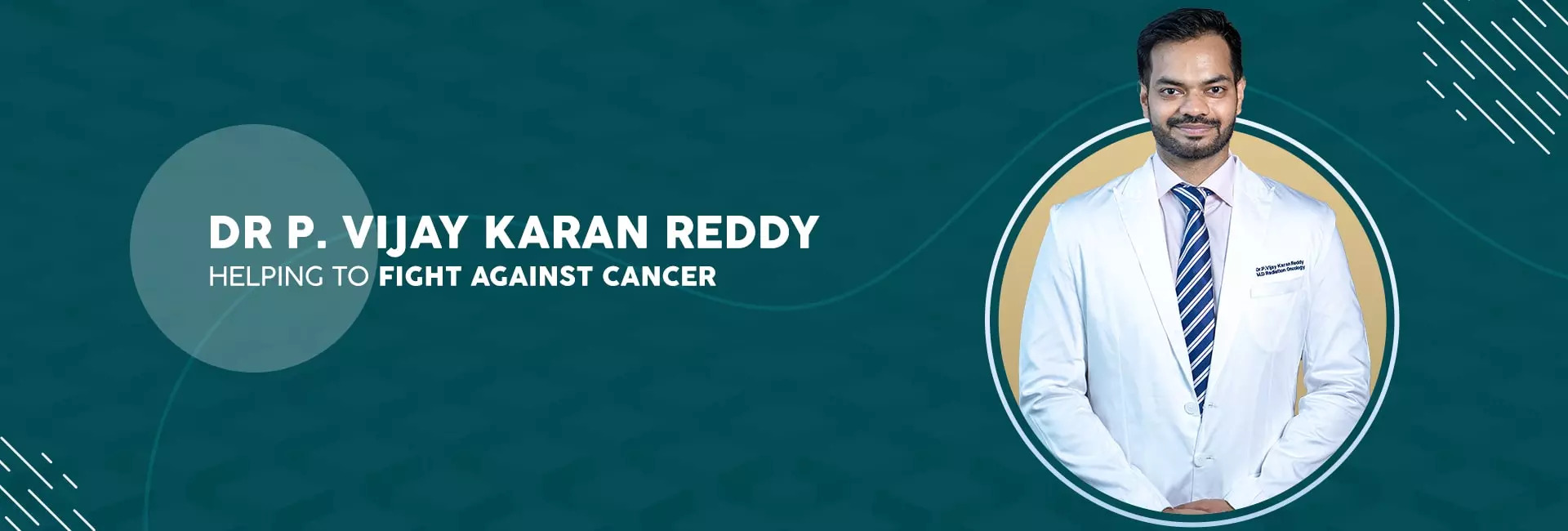Prostate Cancer Basics: Understanding the Prostate Gland and Cancer Fundamentals
Prostate cancer affects millions globally, including in India. Early detection is crucial for effective treatment. Key symptoms include frequent urination, weak flow, and pelvic pain. Treatments range from surgery to hormone therapy. Dr. Vijay Karan Reddy emphasizes awareness, regular screenings, and proactive health measures to improve outcomes and quality of life for prostate cancer patients.











